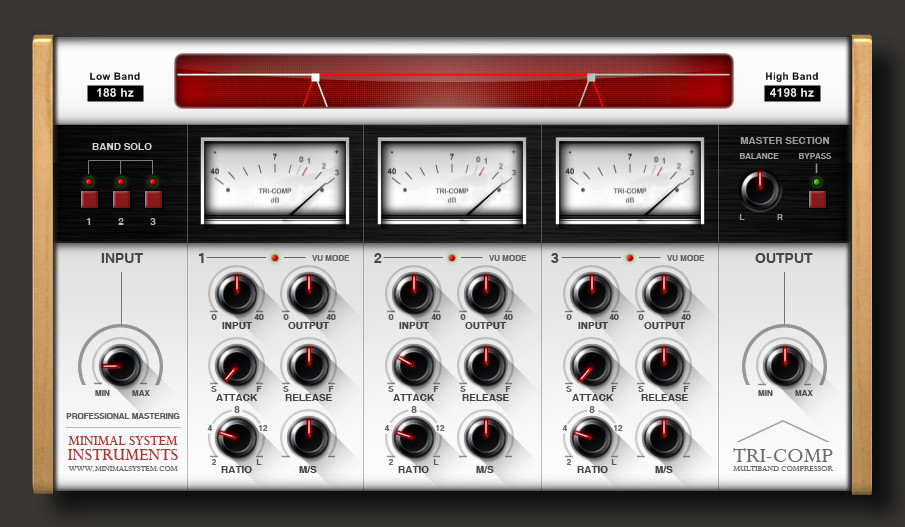The Universal Audio 1176 Compressor/Limiter was first introduced in 1968, created by Bill Putnam Sr. As the solid state successor to his tube-based 176 limiting amplifier. With so many categories, it’s impossible to pick just one, so we’ll pick the top one or two for each category. We are going to assume that you already have all the Universal Audio free plugins, like the 1176, LA-2A and Pultec, since they come standard with any unit you buy. (Note: this list was updated in 2019 and only covers uad 2 plugins.).
1176 Plugin Free


1176 Plug-ins
Want to learn more about how compressors work? Read “The Ultimate Guide to Compression” to learn how to use a compressor, and master one of the most coveted audio engineering tools. Let’s dive into the following list and see which plugin compressors made the cut.

1. FabFilter - Pro-C 2 (Best All-Round Compressor) - $179

If you’re looking to upgrade from your digital audio workstation’s stock compressor, the FabFilter Pro-C 2 is a versatile option. It provides 8 different compression algorithms that include Clean, Classic, Opto, Vocal, Mastering, Bus, Punch, and Pumping. Each algorithm provides a unique style of compression, so the Pro-C 2 is like 8 compressors in one.

FabFilter has included all the features you could wish for in a digital plugin compressor. The Pro-C 2 includes a sidechain EQ section with customizable high-pass and low-pass filters, plus an additional freely adjustable filter. There’s an Audition button that solos audio triggering the compressor, a Mix setting that scales the gain change from 0% to 200%, smooth lookahead up to 20 ms, up to 4x oversampling, a custom knee, and loudness level meters.
When I’m looking for a reliable compressor that will undoubtedly perform well, I reach for FabFilter’s Pro-C 2. It’s the Frank’s RedHot of compressors and sounds good on just about anything. If you can only afford one compressor, get the FabFilter Pro-C 2.
2. iZotope - Ozone 8 Dynamics (Best Multiband Compressor) - $249
Multiband compressors allow you to compress specific frequency ranges independent of one another. They’re similar to dynamic EQs, but there is a difference between dynamic EQs and multiband compressors. At a mastering level, multiband compressors are extremely useful. They allow you to target specific groups of sounds and compress them as necessary.
You can use a multiband compressor as a de-esser, to compress just the 6-8 kHz range of a vocal. This allows you to tame harsh sibilant sounds like “Sss” and “Shh.” Pop filters do more to help with plosives than they do sibilance, so getting a dedicated de-esser like the one found in Accusonus’ ERA Bundle is something to consider as well.